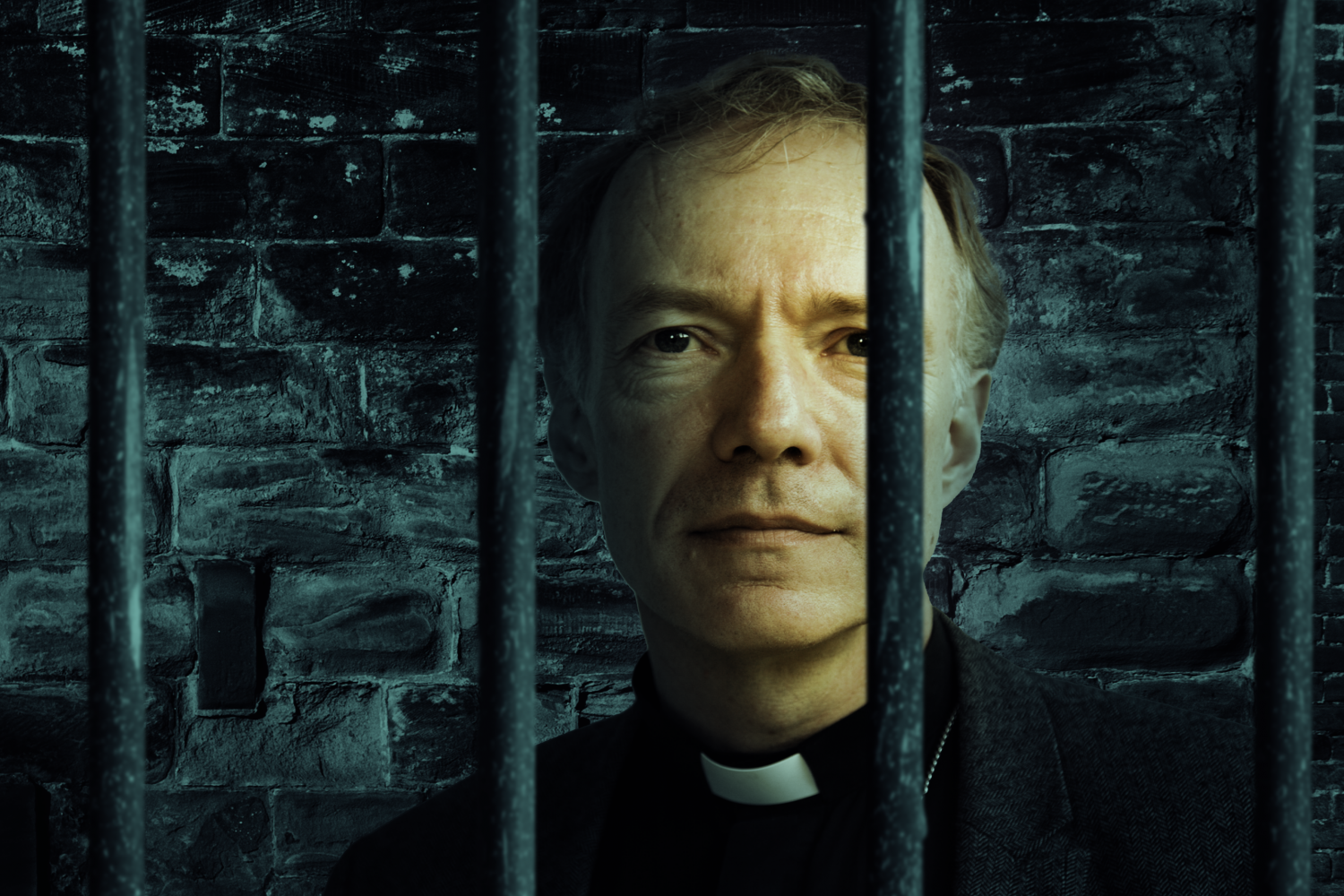Spoiler Alert! If you are intending to watch the recent BBC prison drama ‘Time’ on catch up then read no further, at least until you have watched it…
 Jimmy McGovern, the screenwriter responsible for the recent gripping prison drama ‘Time’, also brought us ‘Broken’, the equally compelling story of a Catholic priest working in a tough northern urban estate parish. Both series are notable not only for their fine acting and the highly authentic ‘feel’ to the worlds they depict, but also for their willingness to engage squarely with key theological concepts such as sacrifice, forgiveness and atonement. McGovern understands Christianity from the inside, shaped by his formation in the Catholic faith, and it shows.
Jimmy McGovern, the screenwriter responsible for the recent gripping prison drama ‘Time’, also brought us ‘Broken’, the equally compelling story of a Catholic priest working in a tough northern urban estate parish. Both series are notable not only for their fine acting and the highly authentic ‘feel’ to the worlds they depict, but also for their willingness to engage squarely with key theological concepts such as sacrifice, forgiveness and atonement. McGovern understands Christianity from the inside, shaped by his formation in the Catholic faith, and it shows.
It shows in his sympathetic but realistic portrayal of those seeking to follow a religious vocation whether priest (Broken) or nun (Time). The Catholic sister who works as a prison chaplain is a wonderful advert for the religious life but also for the ministry of prison chaplains in general, showing the distinctive role they have within the prison system and their unique capacity to be agents of healing and reconciliation. The scene where she enables the main character (Mark) to be present, remotely, at his father’s funeral is both authentic and very moving.
It shows too in his understanding of humanity as fallen, as intrinsically flawed, but always within reach of the redemption which is transformative. A fundamental reason for the authenticity of Jimmy McGovern’s main characters is that they are never black or white. Like each of us they make mistakes, sometimes terrible ones, which may be the result of character flaws or bad decisions or they may be occasioned by life circumstances which make ethical choices difficult. Whatever the cause, they are left, as we all are, to work through the consequences. And it is here that McGovern’s Christian framework is so evident. In ‘Time’ the main character, Mark, an ex teacher, has caused death through dangerous driving (while drunk). There are no mitigating circumstances. Mark is haunted, in his waking and sleeping moments, by what he has done. He does not consciously seek forgiveness from the widow of the man he killed. He knows the slate can never be wiped clean. But he is focussed on hereafter ‘trying to live a good life’. He writes to the widow. He teaches a fellow prisoner to write. From all we see of Mark we can have confidence that he will continue to seek atonement (a word resonant in Christian theology and actually used in ‘Time’) for the rest of his life.
Whether through the scenes set in the prison chapel or in the ‘Restorative Justice’ session the need to acknowledge guilt and the immeasurable cost of forgiveness is laid bare. In ‘Time’ we also see what it means to sacrifice yourself in a Christ like way for another, as the ‘good’ prison officer ends up going to prison himself in order to safeguard his son.
In a world where shades of grey are increasingly denied in favour of a black and white worldview, where those who have killed are portrayed as beyond the possibility of redemption, where the work of the parole board is undermined by politicians seeking to appease the baying of the populist press, those with a more nuanced understanding of human nature need screenwriters like Jimmy McGovern more than ever. And from a specifically Christian perspective, at a time when religious broadcasting seems more marginal than ever and Christianity’s place in the public square is ever more contested, to have prime time dramas scripted by people who have an informed understanding of Christian theology and what it might mean in practice to seek to live a Christian life is extremely important for the cultural transmission of the faith.
I think Jimmy McGovern is quite mature in years. Who will inherit the mantle of such as he? What a vocation to be called to! Or if empathetic, non-judgemental listening, rather than screenwriting, is your calling, there are always volunteering opportunities within your local prison chaplaincy team.
+Clive Wulfrun